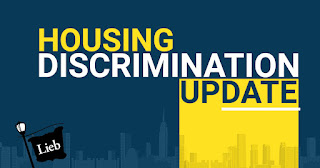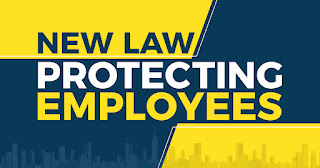If you think that you are being discriminated against at work, in housing, within education, or during any other aspect of your life, you should take the following 5 steps immediately:
- Make Records: Memory fades and uncorroborated facts are unbelievable so you need to create evidence if you plan to bring a discrimination claim. If you live in a state like NY, where recording a conversation only requires one-party consent, then, start recording all of your conversations with witnesses and perpetrators immediately. If not, stick to a daily diary of events. Either way, get that evidence recorded starting now.
- Save Documents: If discrimination is occuring at work, make sure to take all of your employment agreements, policy manuals, and procedure documents and put them onto your personal computer or turn them into printed form. If discrimination is happening in housing, compile your lease, house rules, and all other written documents and make sure they are similarly saved. Remember, from the moment that you believe that you are a discrimination victim, you need to start creating a file of all the relevant documents to the discriminatory events, including everything peripheral thereto. When in doubt as to whether a document is relevant, save the document.
- Befriend Witnesses: They say it takes a village and that couldn't be more true when you are trying to overcome discrimination that is wronging you. To win a discrimination case, you need allies and advocates in your corner. Did you know that your allies are also protected under discrimination law and can bring a claim themselves if they face retaliation for assisting you?
- Stay Strong: Most victims are afraid to fight for their rights because they fear that they will face a worse situation if they speak up. If this is you, please know that every act of retaliation against you gives you a further legal claim against the perpetrator. Did you know that even if you lose your discrimination case, you can still recover damages on a retaliation claim? So, don't be afraid to speak up and fight for your rights.
- Protect Yourself: This is the most important tip that we can give. You should always worry less about your ability to sue for damages incident to being discriminated against and worry more about being safe. If you feel in danger, always get out of that situation immediately and call the police.

















